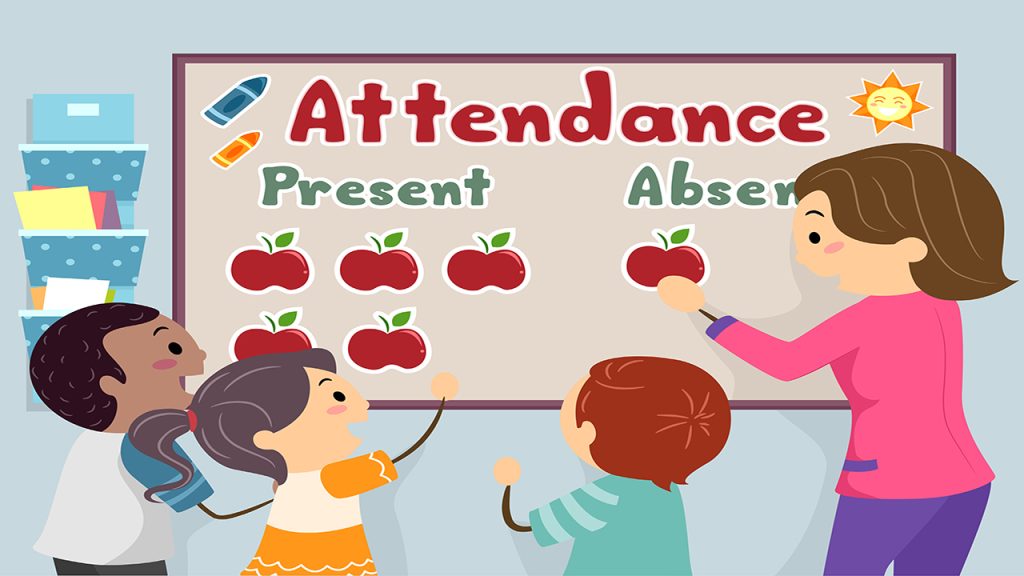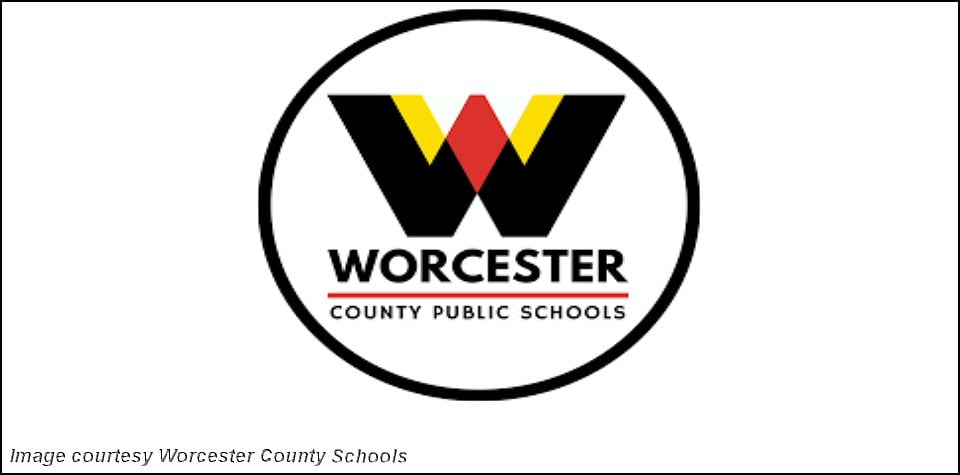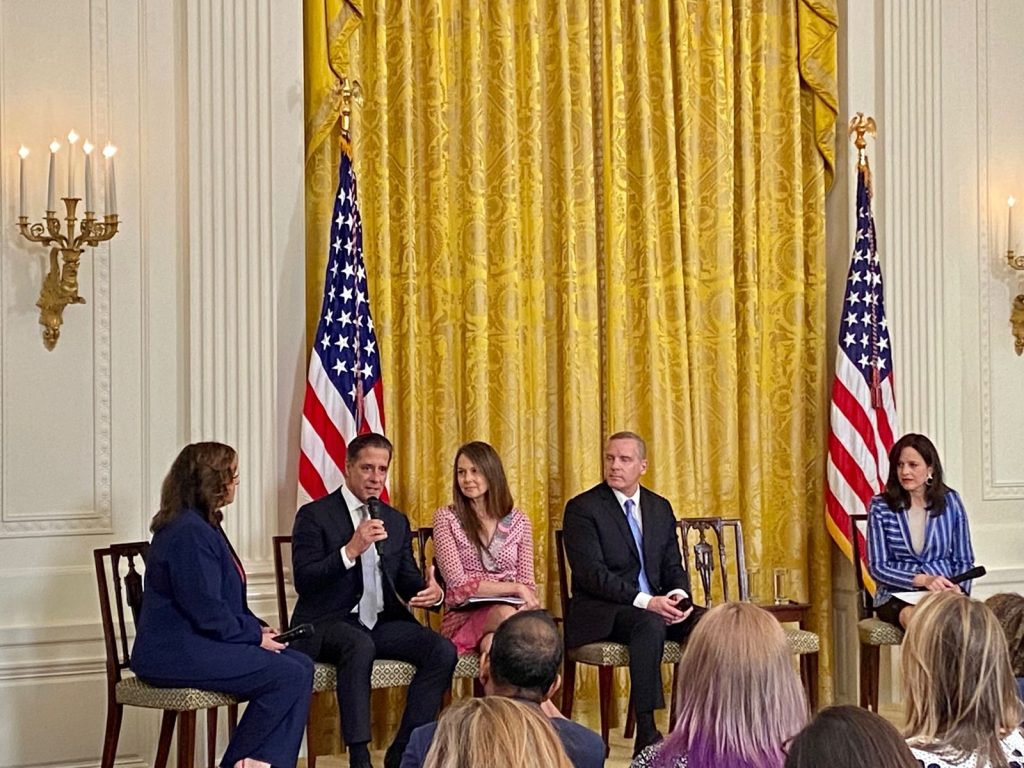
More NAEP declines: Scores drop for 8th graders on US history, civics tests
Disappointing, yet expected, score drops for 8th graders on the U.S. history and civics portions of the 2022 National Assessment of Educational Progress were announced by the National Center for Education Statistics on Wednesday.
Students’ average U.S. history score fell 5 points on the 0-500 scale — from 263 in 2018 to 258 in 2022. That decline continues a trend that began in 2014. The U.S. history NAEP assessment was first administered in 1994.
Score drops were greatest for lower-performing students. About 40% of students scored below basic on the U.S. history assessment. Only top- performing students — those scoring in the 90th percentile — showed results that didn’t change significantly from 2018.
NAEP 8th grade U.S. history scores continue to decline
Scores were lower across all four U.S. history themes: democracy, culture, technology and world role.
On the civics assessment, 8th graders performed below 2018 levels, earning an average score of 150 on a 0-300 scale, compared to 153 in 2018. It was considered the first-ever decline recorded for the 25-year-old civics assessment, since a previous 1 point drop was due to rounding. About 31% of civics test takers scored below basic.
NAEP 8th grade civics scores drop for first time in 2022
Between 2018 and 2022, scores declined for both lower-performing students and middle-performing students.
NCES Commissioner Peggy Carr, in a press call Tuesday, labeled the results “concerning,” adding that the declining U.S. history scores were “pervasive and widespread.”
Too many students, Carr said, “are struggling to understand and explain the impact of civic participation and how our government works and the historical significance of the events.”
Still, the disappointing performances were anticipated after NAEP 4th and 8th grade reading and math scores — released last fall — revealed the lowest recorded scores in decades for reading and the largest declines ever recorded for math.
While Carr said NCES’ analysis of NAEP performance does not examine why scores dropped, she pointed to data showing fewer students reported having taken classes focused on U.S. history.
In 2018, 72% of students took a U.S. history-focused class, compared to 68% in 2022. Less than half (49%) of students in 2022 took classes mainly focused on civics.
“Course-taking matters,” Carr said. Students who take courses that are either fully or partially focused on U.S. history do better on the NAEP history and civics assessments, she said.
“I think a larger concern that we need to think about is what is happening with our lower-performing students across all of these subjects,” Carr said. NCES and the National Assessment Governing Board, which administers the NAEP, will look into how to better understand what students don’t know, she added.
Lesley Muldoon, executive director of the National Assessment Governing Board, said students’ demonstration of knowledge and skills in any academic subject requires deep background knowledge and strong literacy and reading skills.
“Schools must focus on literacy from the earliest grades and sustained reading and background knowledge through middle school and beyond,” Muldoon said during Tuesday’s press call.
U.S history, civics results
National results for the U.S. history and civics assessments were reported by average scores and by achievement levels.
Achievement levels for U.S. history and civics set standards for each subject and describe what students should know and be able to do at each level. For example, students scoring at or above proficient on the 2006 U.S. history assessment were very likely to be able to interpret a Gettysburg Address reference and explain how the fall of the Berlin Wall affected foreign policy, according to test examples provided by NCES.
On the 2006 civics exam, students scoring at or above proficient could explain that peaceful assembly is protected by law and identify a central purpose of the United Nations.
Carr called the assessments challenging and said they reflect what students should know and be able to do according to a consensus of experts who develop the test questions.
For the U.S. history assessment, 2022 scores declined compared to 2018 across all racial and ethnic subgroups, as well as for both economically disadvantaged students and students with disabilities. Only the average score for English learners held steady over the last two assessment periods.
More students at below basic on NAEP U.S. history test
A lower percentage of 8th graders reported taking a class mainly focused on U.S. history compared to 2018.
Also for the 2022 U.S. history assessment, NCES reported that performances declined across all four themes on the test: democracy, culture, technology and world role.
Results for the civics assessment showed no significant difference between 2018 and 2022 for racial and ethnic student groups, economically disadvantaged students and students with disabilities. In one bright spot among the testing results, English learners’ civics scores improved 6 points since 2018.
2022 NAEP civics racial performances similar to 2018
Scores for English learners improved by 6 points between the 2018 and 2022 assessments.
The civic assessment measures students’ knowledge and understanding of civics with three interrelated components: knowledge, intellectual and participatory skills, and civic dispositions.
NAEP, also known as the Nation’s Report Card, is the largest continuing and nationally representative assessment of what U.S. students know and can do in mathematics, reading, science, U.S. history, civics and geography. The U.S. history and civics 8th grade assessments were administered from late January 2022 to March 2022 to a national sample of 15,800 eighth graders at 410 schools across the nation.
Theories behind concerning trends
Carr said the NAEP data shows declining test results were evident before the 2020 COVID-related move to virtual learning, which many blame for low academic performance over the last few years.
Other student performance measurements, such as NWEA interim tests, have shown pandemic performance dips particularly for students at the lower-performing range of test takers and students from underrepresented communities.
“I think a larger concern that we need to think about is what is happening with our lower-performing students across all of these subjects.”
Peggy Carr
NCES Commissioner
Still, when theorizing about low U.S. history and civics performance and engagement, others point to rising political discord as hampering instruction in these subjects. Policies that restrict classroom discussions and materials about LGBTQ topics and racial injustice have made educators and students fearful about initiating or participating in certain conversations at schools, some educators and researchers have said.
Educators have said they are noticing students becoming more hesitant to engage in civics dialogue, according to Kerry Saunter, chief learning officer at the National Constitution Center, a nonprofit that works with teachers across the country on history and civics instruction. Teachers are saying high school students are pulling back from engaging in those dialogues because the conversations can be “tricky,” and the teachers have to do a lot more work to ensure students feel comfortable having these dialogues, Saunter said.
“It’s never about changing somebody’s opinion from A to B. It’s ensuring that you understand where that person is coming from, what’s their argument around that viewpoint, and understanding their perspective around it as well.”

Kerry Saunter
Chief Learning Officer at the National Constitution Center
It’s important to encourage healthy conversation among students so they are prepared to discuss societal issues in and out of the classroom, Saunter said. The center recommends conversations be framed around the U.S. Constitution, and that court decisions be used to build dialogue that ideally helps students share their perspectives, she said.
“It’s never about changing somebody’s opinion from A to B. It’s ensuring that you understand where that person is coming from, what’s their argument around that viewpoint, and understanding their perspective around it as well,” said Saunter.
Civics debate in Washington, D.C.
In a statement about the NAEP results, U.S. Education Secretary Miguel Cardona said the scores show this is not the time to trim education funding or limit what students learn in U.S. history and civics courses.
“We need to provide every student with rich opportunities to learn about America’s history and understand the U.S. Constitution and how our system of government works,” Cardona said. “Banning history books and censoring educators from teaching these important subjects does our students a disservice and will move America in the wrong direction.”
In fact,the U.S. Department of Education last week invited higher education institutions to apply for grants totaling nearly $19 million to create or promote innovative U.S. history, civics, government and geography instruction, professional development and activities to support early childhood through high school-aged students from underserved populations.
That announcement, however, brought a rebuke from Rep. Virginia Foxx, R-N.C., chair of the House Education and the Workforce Committee. Foxx criticized the announcement for including diversity, equity and inclusion in American history and civics’ discretionary grant programs.
“Specifically, the Biden administration is creating incentives for schools to cater to narrow identity groups, promote radical gender theory, and adhere to leftist ideology under the guise of ‘civics,’ while explicitly excusing grantees from any obligation to educate students about the history and principles of the Constitution and Bill of Rights. At best this is absurd; at worst this damages American civics,” Foxx said in an April 28 statement.
Dig Deeper With Our Longreads
Newsletter Sign up to get our best longform features, investigations, and thought-provoking essays, in your inbox every Sunday.
The MEN was founded by John Huber in the fall of 2020. It was founded to provide a platform for expert opinion and commentary on current issues that directly or indirectly affect education. All opinions are valued and accepted providing they are expressed in a professional manner. The Maryland Education Network consists of Blogs, Videos, and other interaction among the K-12 community.










